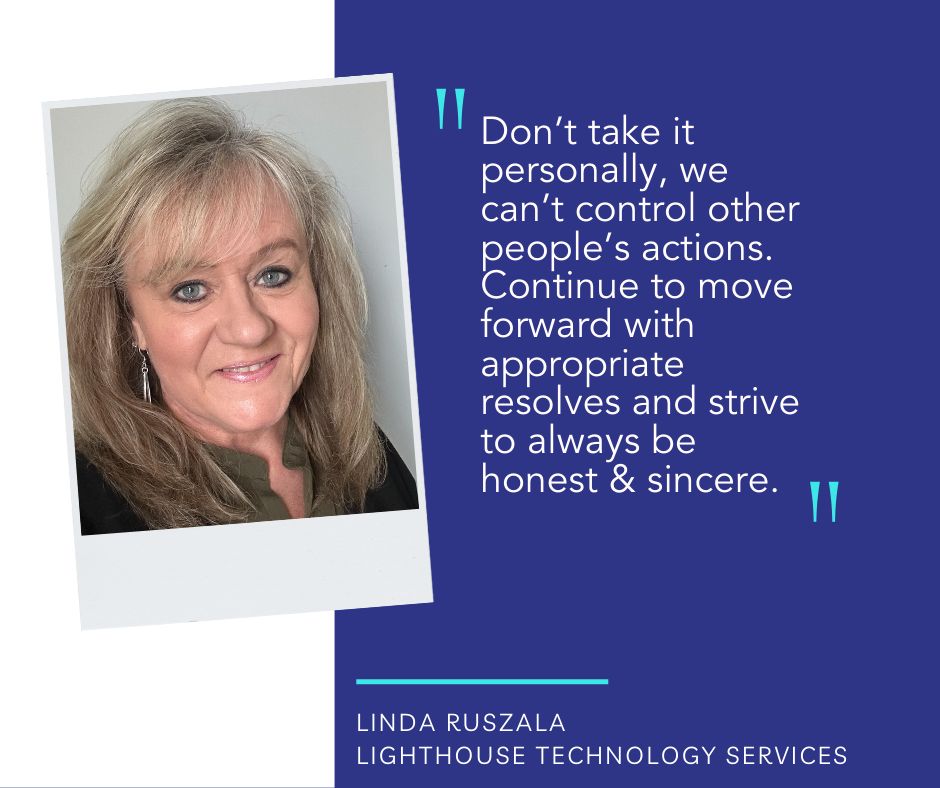Internet access has become a commonplace resource for collecting information and communicating with others. Whether you’re at home, at your small business, or using your mobile device on the go, you want to feel good about the internet you pay for and the service you receive. How will you know which internet provider has the right service for you? Here are five factors to look at when choosing the right fit.
Location, Location, Location
The first factor to consider when looking for an internet provider is the location where you live or work. Even some national provider’s services do not work well, or at all, in certain areas of the country. If your business is in a more rural area, you might have limited options. Only after you’ve gathered a list of internet provider options available to your location, can you can get started on the review process.
Security
Securing your wireless internet, whether in your home or at your company, is absolutely necessary. Everyone has private or privileged information being saved on their computers or servers. All of that private information has to be protected as well as it can be. Encrypting your wireless internet connection will prevent people from accessing your network, unless given permission by you. Another benefit of encrypting your network is your ability to monitor activity online. You’ll be able to detect suspicious movement if it were to occur, and take the appropriate action to squash any unwanted activity.
The Need for Speed
When it comes to internet service speed options, there is one term you’ll want to know – fiber optics. Verizon FiOS crushes the competition in speed for cost. Fiber optics has uploading speeds five times faster than cable. After fiber, cable is your next best bet for speed. If you are able to afford Verizon FiOS, and live in an area where it is available to you, this should not be a tough decision for you to make.
Consider the maximum amount of individuals that could be using your internet at the same time. If you have three or four teenagers in the house, and they all want to stream video online, you might consider paying extra for higher download speeds. The same goes for the office. How many people are going to be accessing the network and what will they be doing on their computer? Paying a little extra to guarantee a smooth and speedy internet user experience can be worth it.
Cost is All Relative
Your internet costs can range from $20-$300 per month depending on what you will be using it for. Households will often be less expensive than businesses, due to user numbers being lower in most instances, and businesses with ten or more people may have to make an investment closer to $300 or more. When you have high-speed internet, with emails going in and out and calls coming through without a problem, business can run more smoothly.
Do Not Rely on Customer Service All the Time
When a problem occurs with your internet, you will probably want to fix it quickly. Generally, internet service providers will not be able to pop over to your house or place of business immediately to fix a problem. As we’ve researched these service providers, we’ve come to the conclusion that customer service is not perfect anywhere. More often than not, people write bad reviews about a company instead of publish testimonials of how great their customer services experience was. Be careful when reading these reviews, focus more on the best fit for your situation, because it’s not uncommon for people to have challenges with their internet on occasion.
View This Post as a SlideShare
The Lighthouse Technology Services IT Jobs Blog





